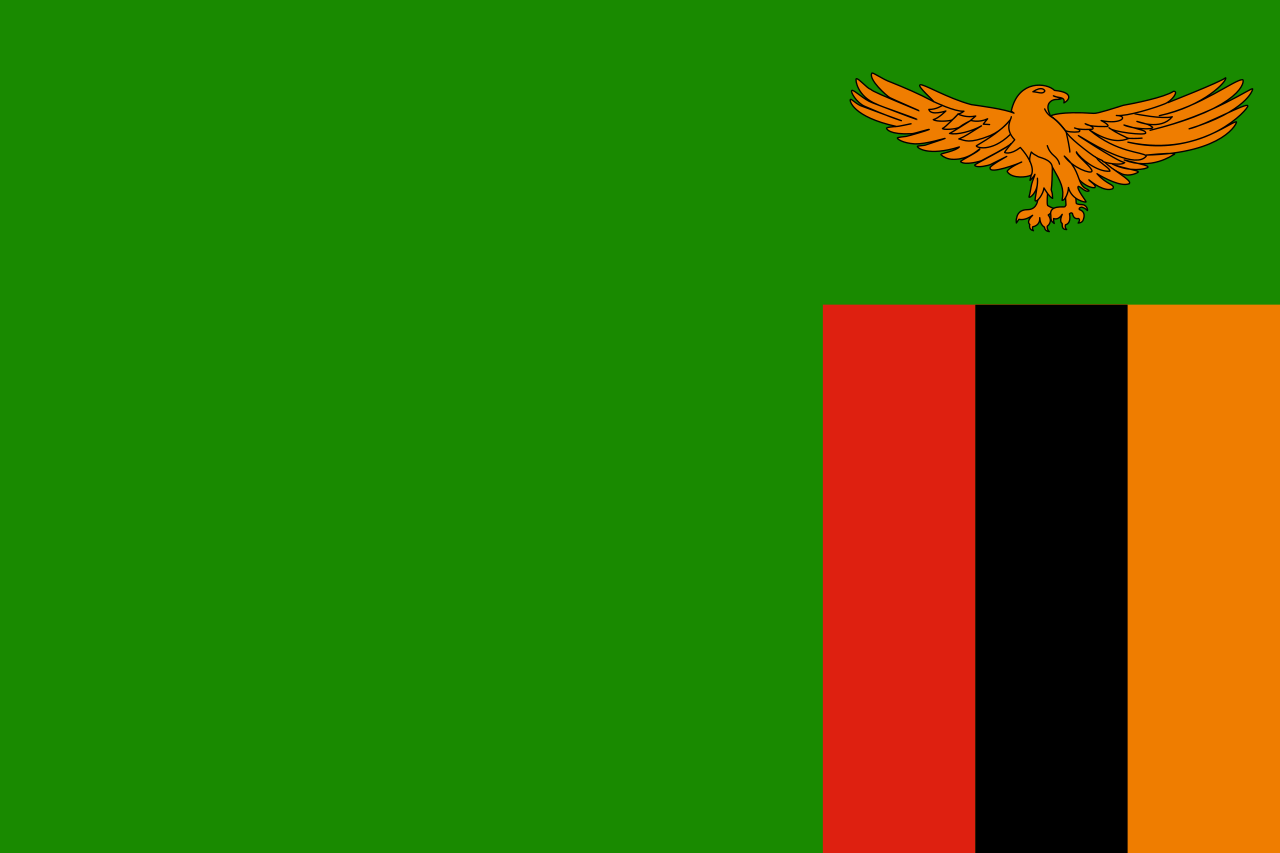Lessons from Zambia
Zambia’s electoral commission, on August 16, 2021, declared opposition leader Hakainde Hichilema, winner of the country’s presidential election. He garnered 2.8 million votes or 50.1 per cent of the total number of votes, narrowly eclipsing the 50 per cent mark needed to win without recourse to a second round. On the same election day of […]

Zambia’s electoral commission, on August 16, 2021, declared opposition leader Hakainde Hichilema, winner of the country’s presidential election. He garnered 2.8 million votes or 50.1 per cent of the total number of votes, narrowly eclipsing the 50 per cent mark needed to win without recourse to a second round. On the same election day of August 12, Zambians also elected 156 members of parliament and 117 district council leaders.
And as a relief to the country and its international friends, that same Monday, incumbent President Edgar Lungu announced he would “comply with the constitutional provisions for a peaceful transfer of power.” The sitting president got a total of 1.8 million votes, a number that was insufficient to support a legal challenge to the election result.
President Lungu had earlier criticized the elections as “not free or fair.” He lost his run for a controversial third term since he already has been elected twice, in the 2015 and 2016 general elections. However, the constitutional court dismissed the claim since Lungu’s first term was only one year.
The result of the elections and acceptance of defeat by the incumbent president calmed the nerves of Zambians. And since the election was called, the value of the national currency, kwacha, rose nearly 11 per cent against the US dollar. The prices of Zambia’s defaulted US dollar-denominated bonds also rose.
Furthermore, the result of the election snubbed the predictions of doom-mongers, who had envisaged another stolen election and enthroning of instability in the country as both sides battled for control. That did not happen. The people spoke and their votes counted.
We congratulate the president-elect and all the citizens of Zambia, who are the real winners in the election. The election is indeed victory for democracy as it is being consolidated on the continent. It is an inspiration for other African countries and signposts the way forward for countries like Mali, Burkina Faso, Chad and others tottering on non-democratic tendencies.
President Lungu’s acceptance of the election outcome shortly after the results were announced showed his patriotic instincts, as any delay on his part could have caused tension in the country. That in itself is commendable, especially on a continent where leaders are not known to easily accept defeat. It indeed serves as a mirror for all African leaders, some of whom want to hold on to power even when they have lost the support of the people.
We also commend the people of Zambia who exercised their right in a peaceful manner. Other Africans should learn from this that their voices would be heard if they are determined about their desire and go about it the right way.
Now that the election is over the real work begins. Hichilema’s biggest challenge is how to navigate Zambia out of its current debt crisis, which has it paying 30 to 40 per cent of its revenue on interest payments, that is, after it earned the tag of the first African country during the COVID-19 pandemic to default on its debt obligations.
Under Lungu, the country’s debt ballooned from 36 per cent to 110 per cent of the GDP, resulting in default in repayment of $42.5 million in interest on a Eurobond in November 2020.
It is worthy of note that Lungu’s shift from sovereign financing and Chinese loans (between US$6 billion and US$9 billion) since 2012 severely compounded the debt crisis due to the lack of transparency in the Chinese loans and concerns of corruption in the use of Eurobond funding for large-scale infrastructure projects.
It is a good thing that Hichilema is already talking about renegotiating the terms of the loans taken from China. That is a step in the right direction. He must do that and ensure that his country gets a good bargain and this is also something other African countries that have taken loans from China should consider. All countries taking loans should ensure that they get good deals and for those who have taken, it is never too late to review the agreements.
The president-elect has also promised to fight corruption, he should not focus only on his opponents, he must be holistic and sincere in the enterprise.
The new leader must not let the people down. He came in through the power of the people and should live up to expectations. He should work with the opposition to deliver on his promises to the people. He should learn from whatever mistakes his predecessor made and build a country that he and all Zambians will be proud of.
